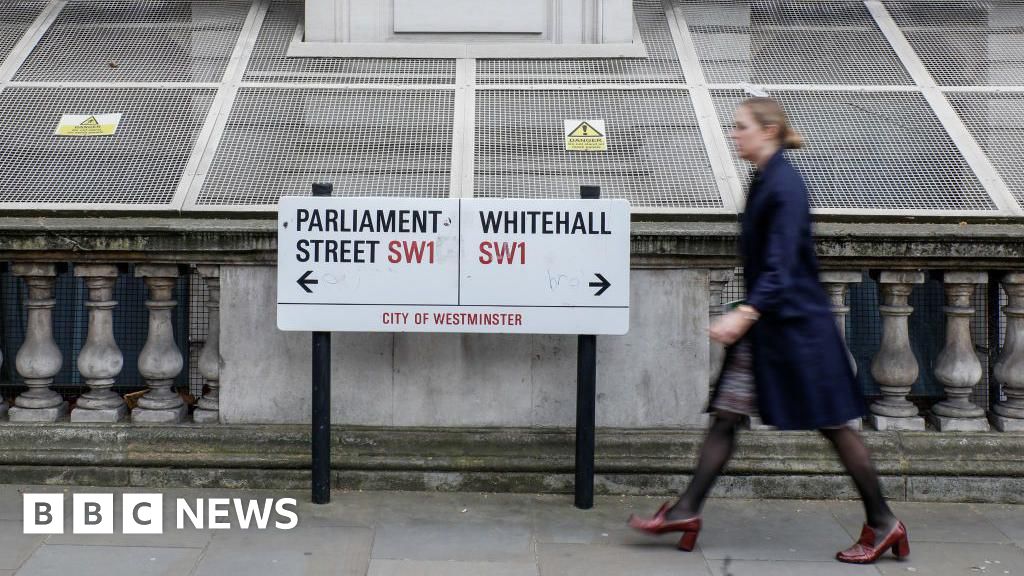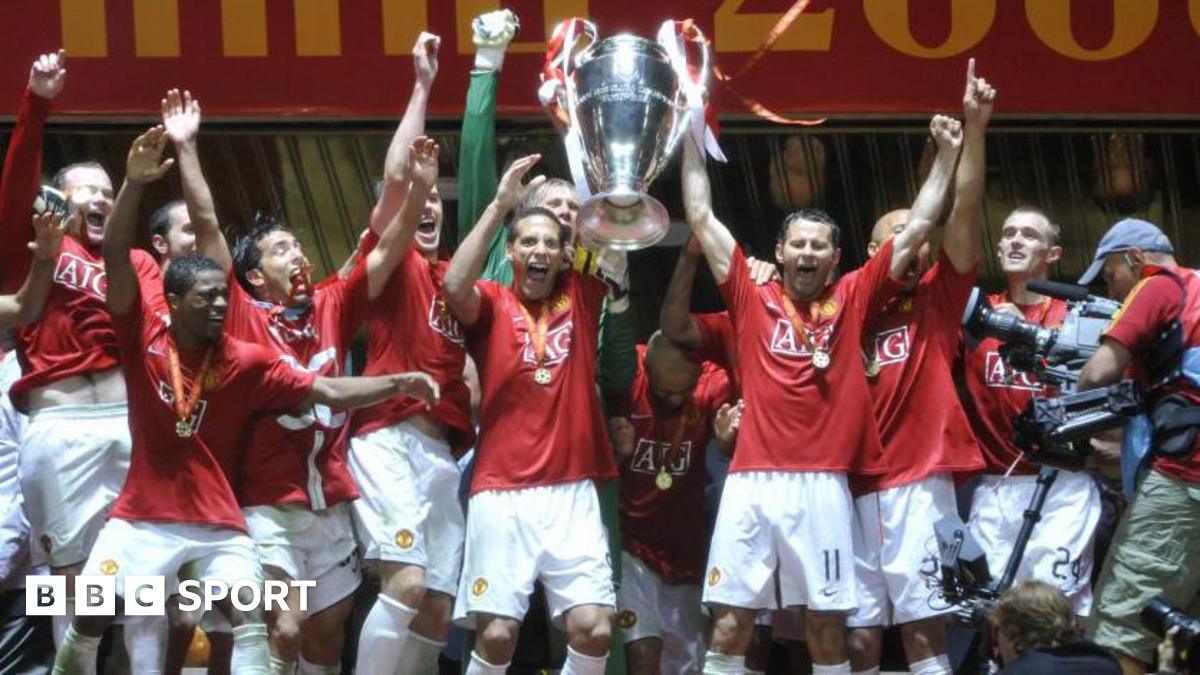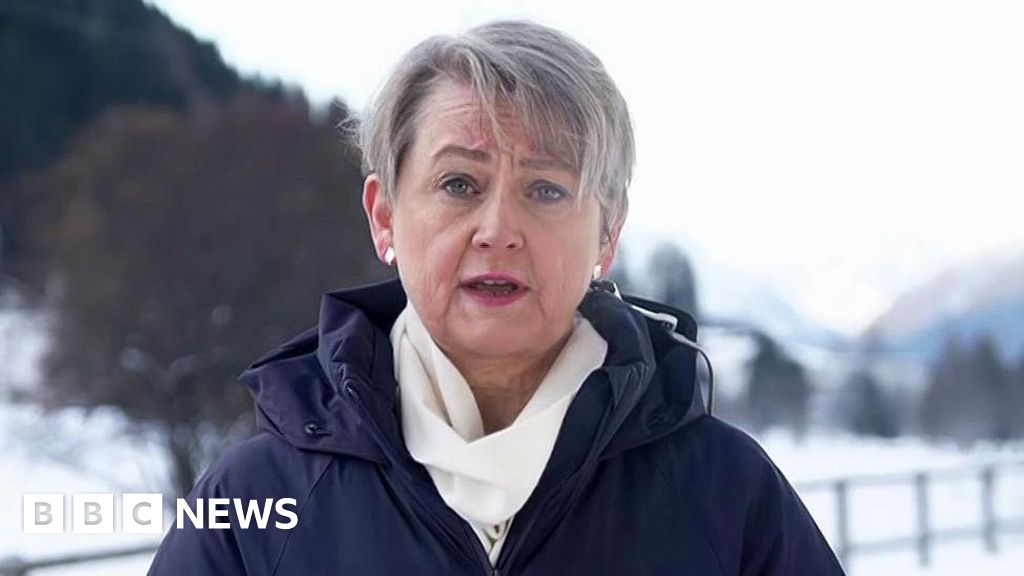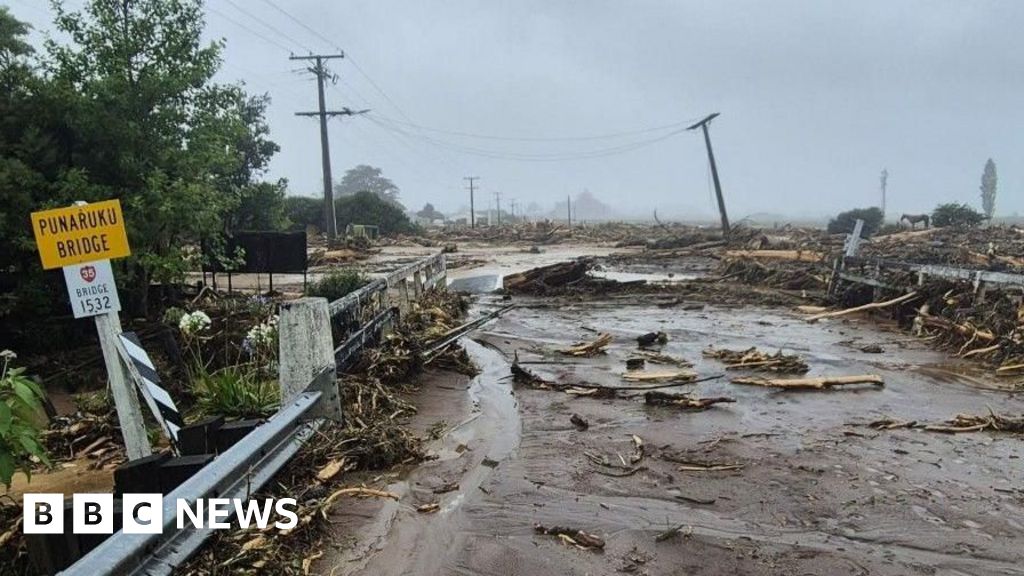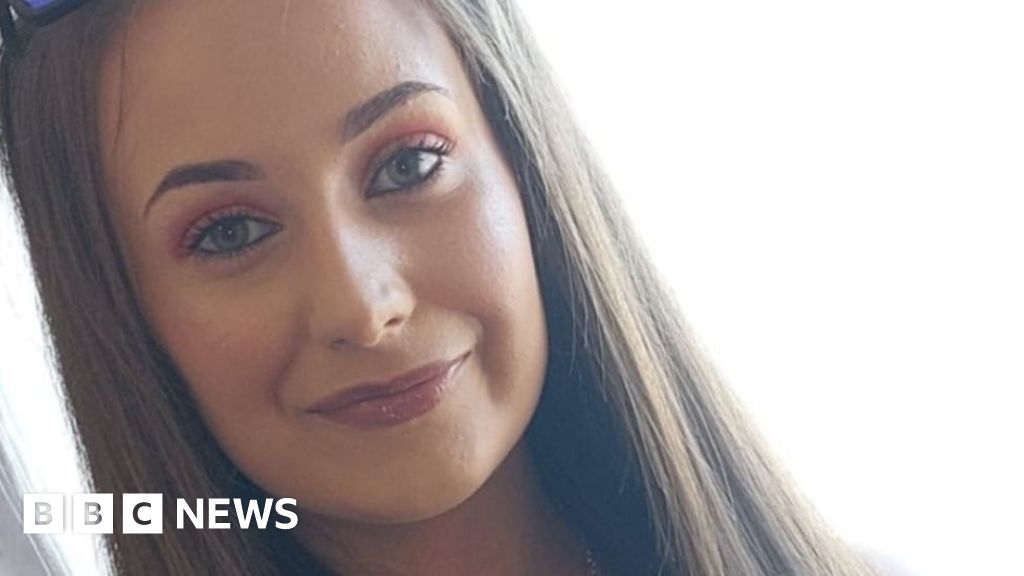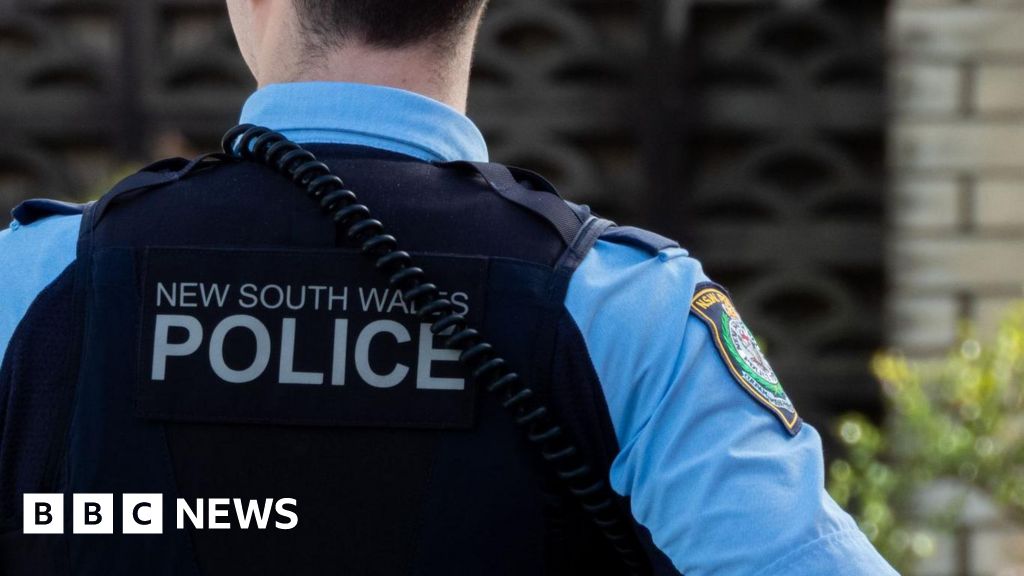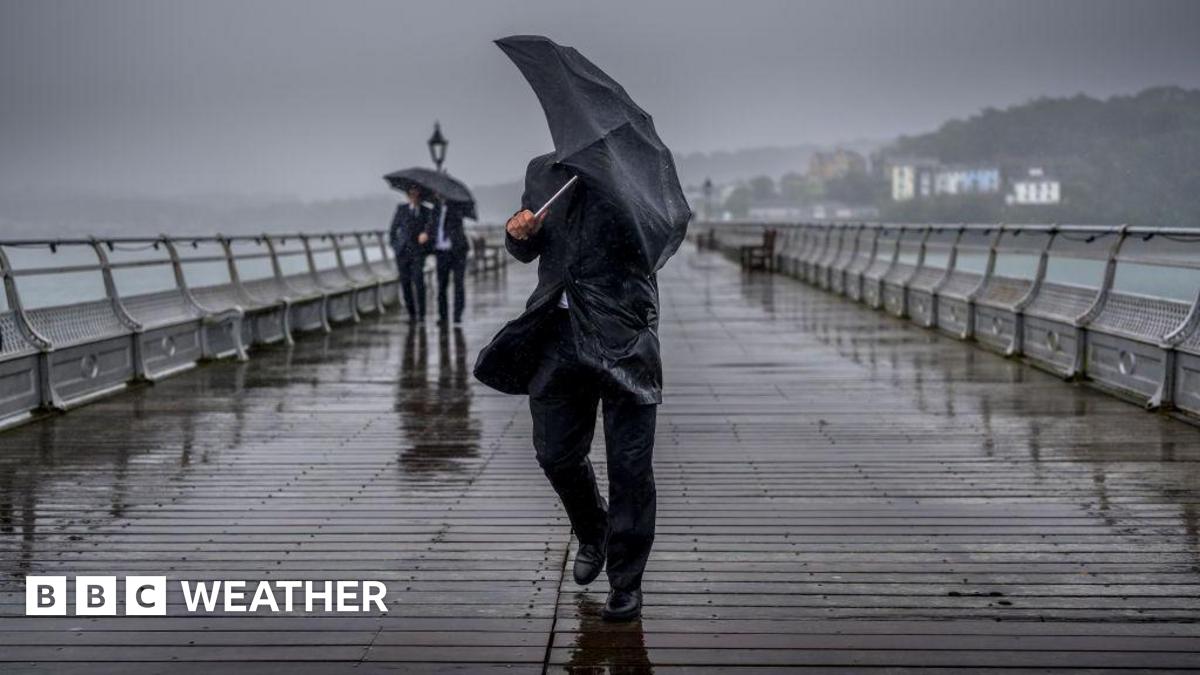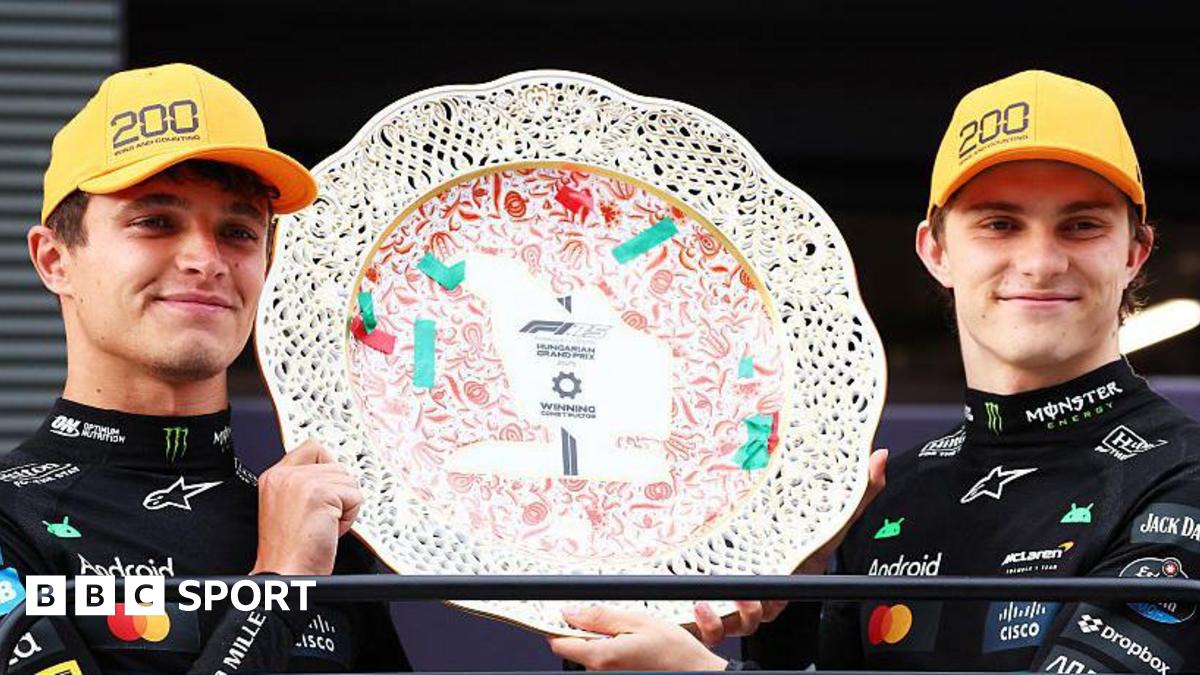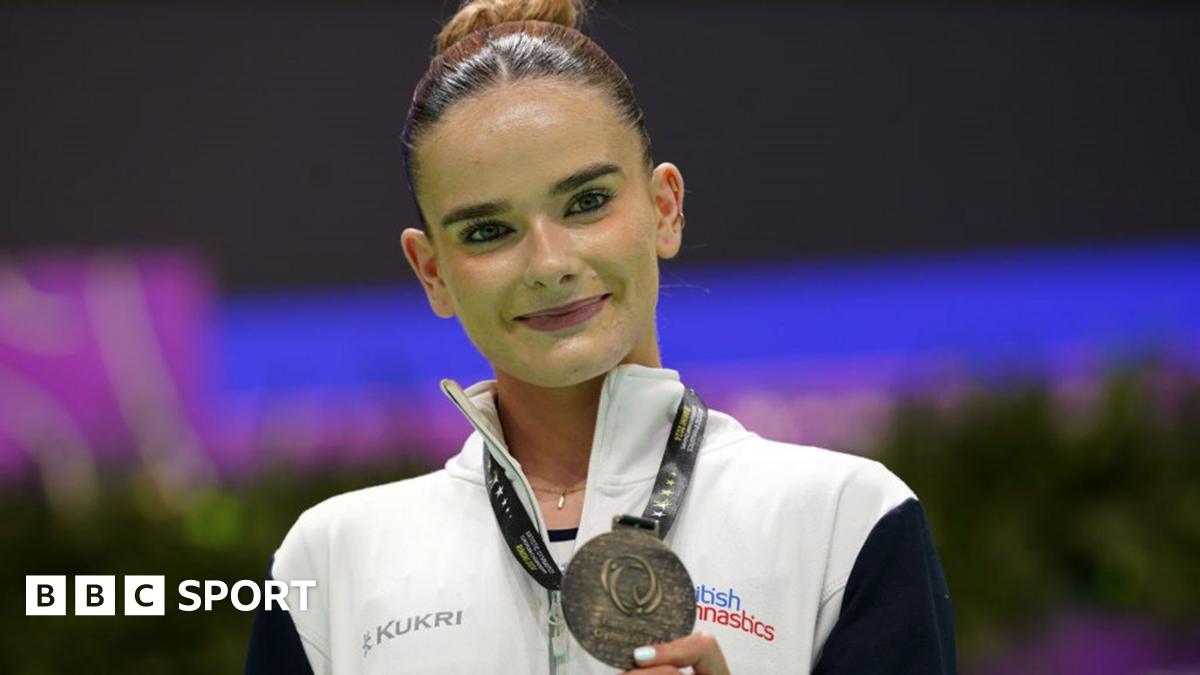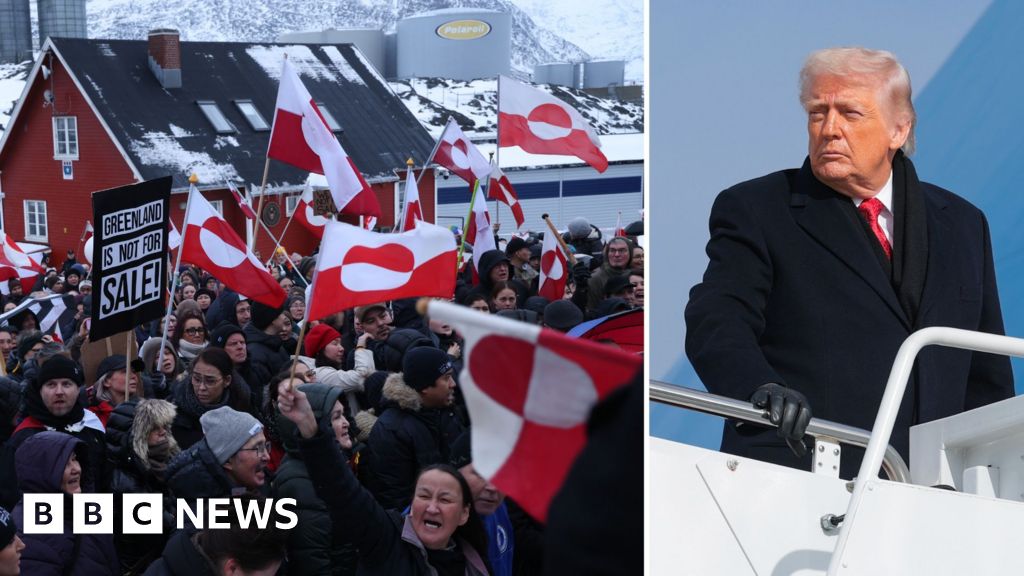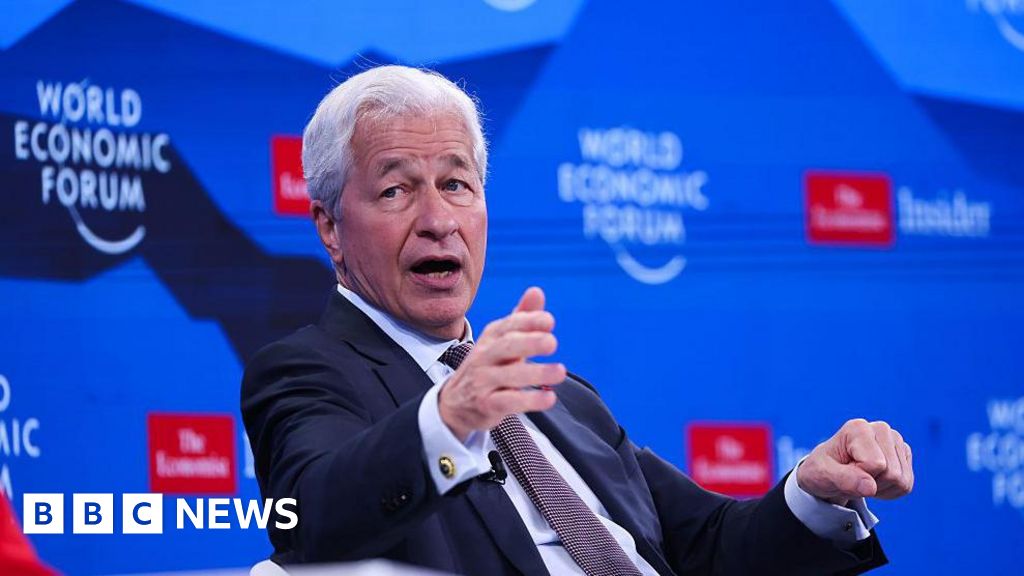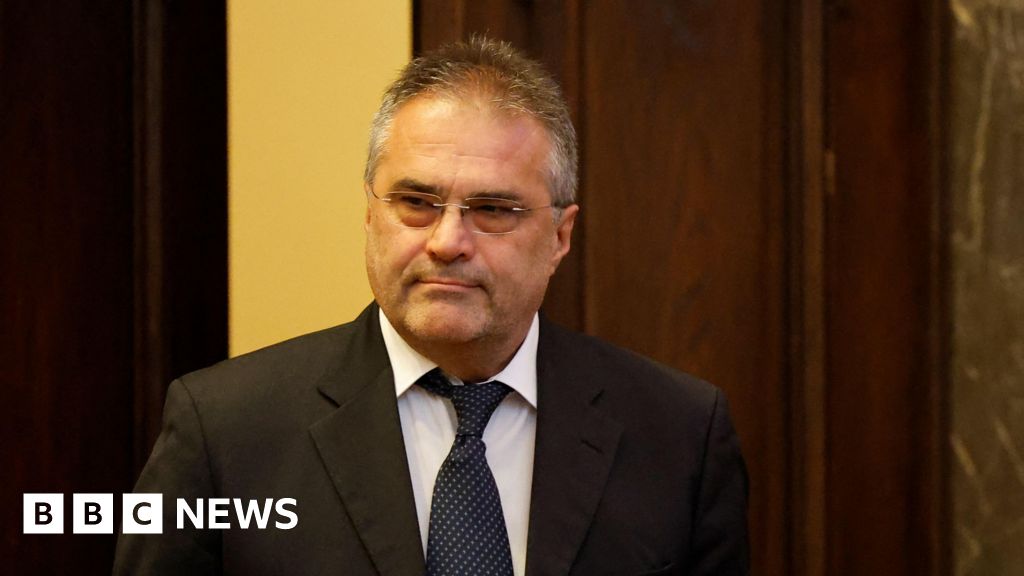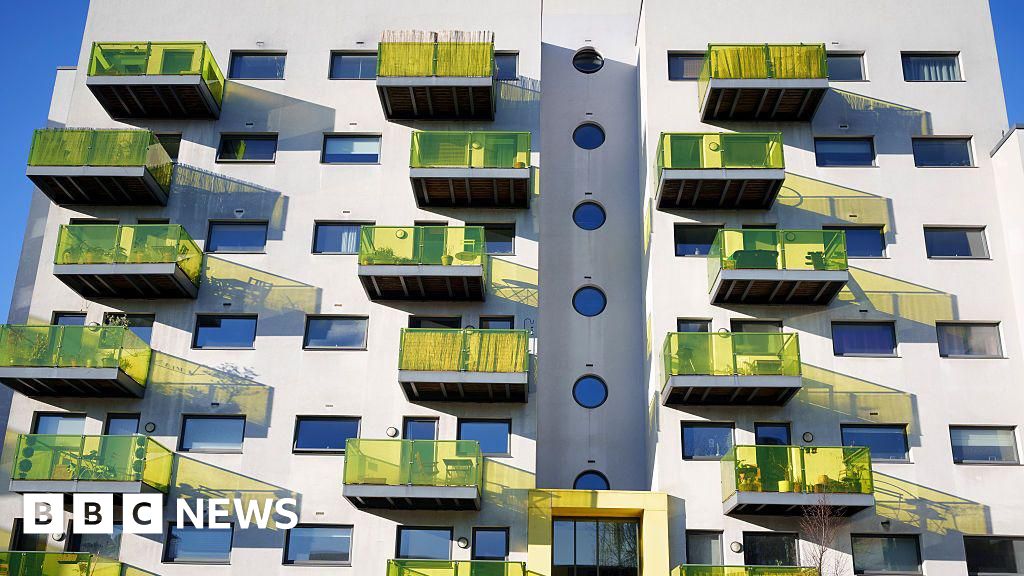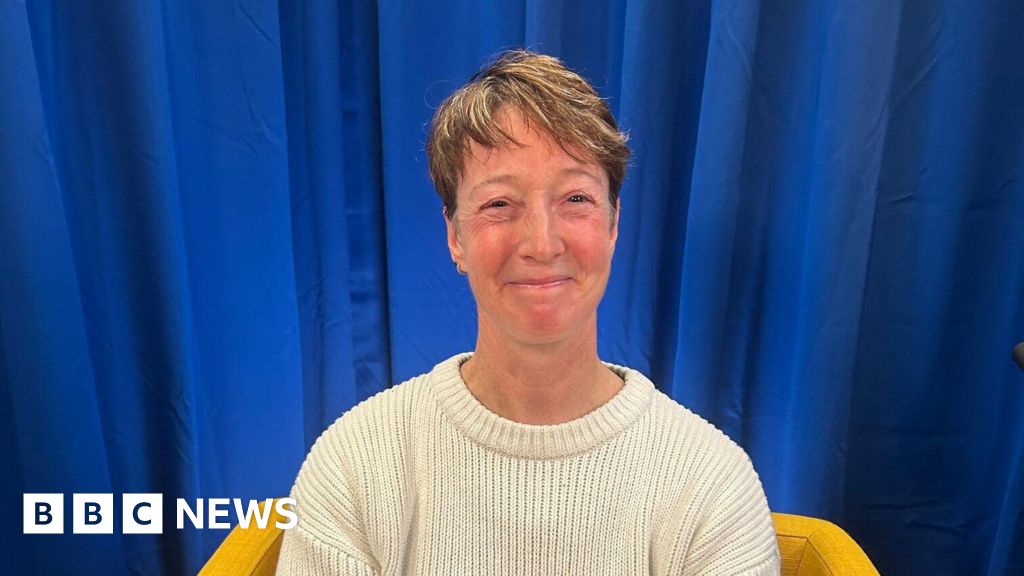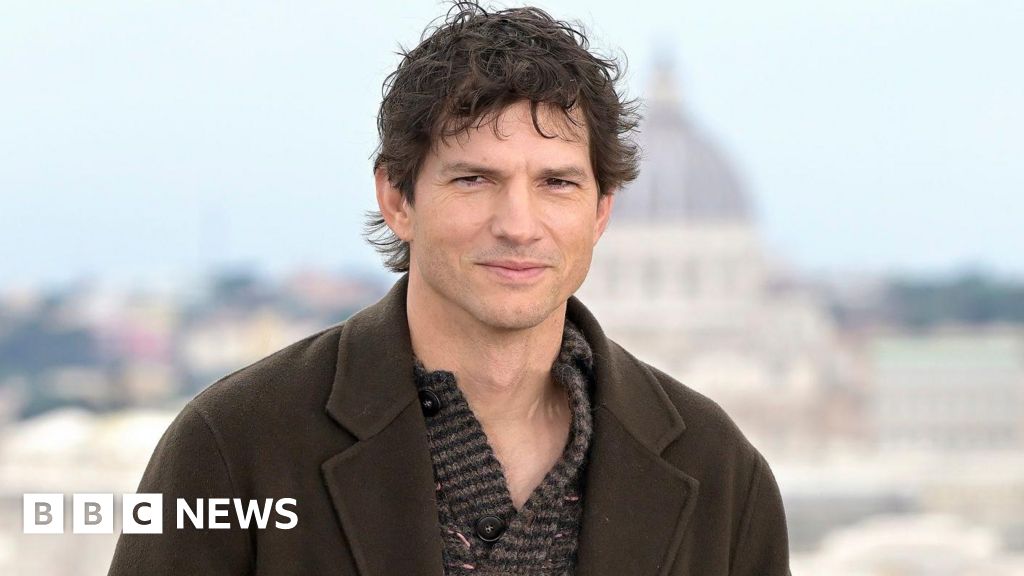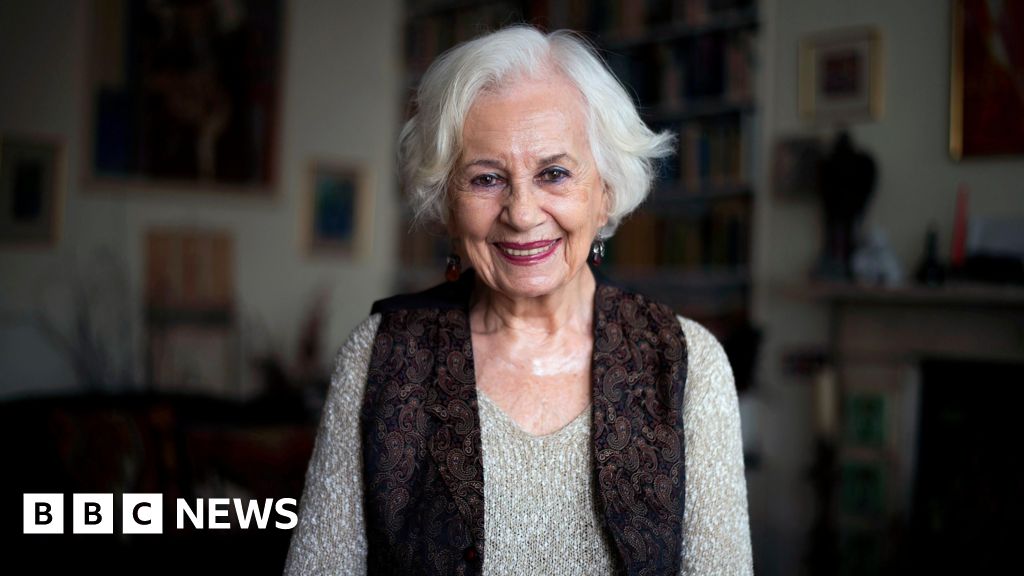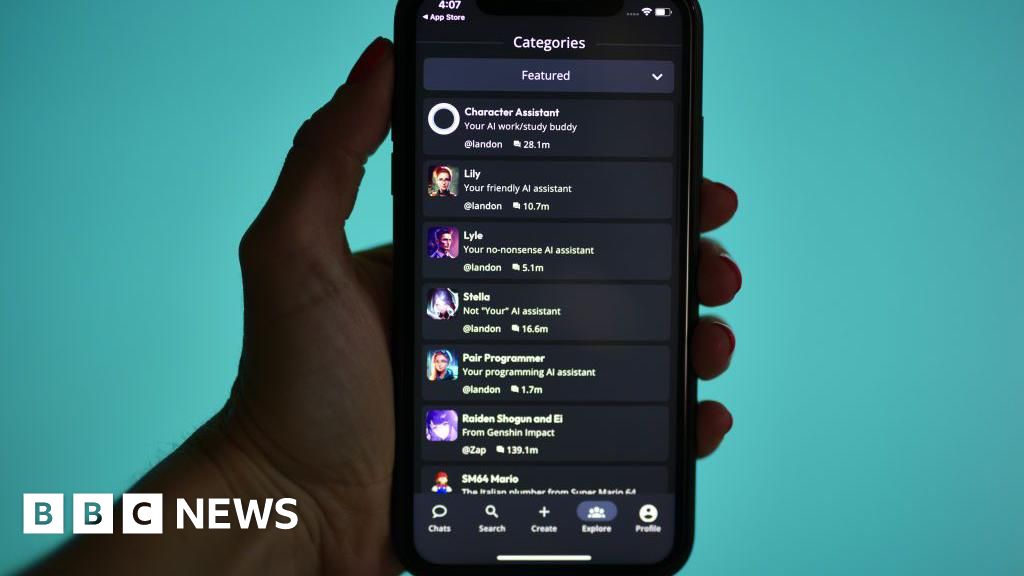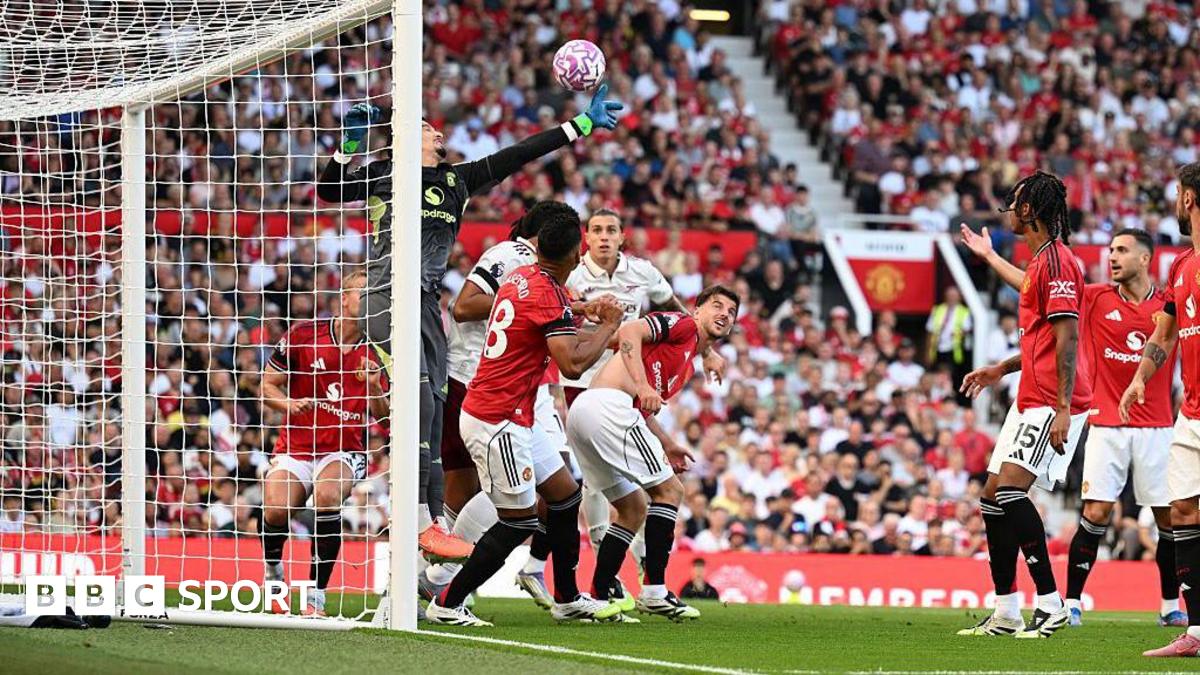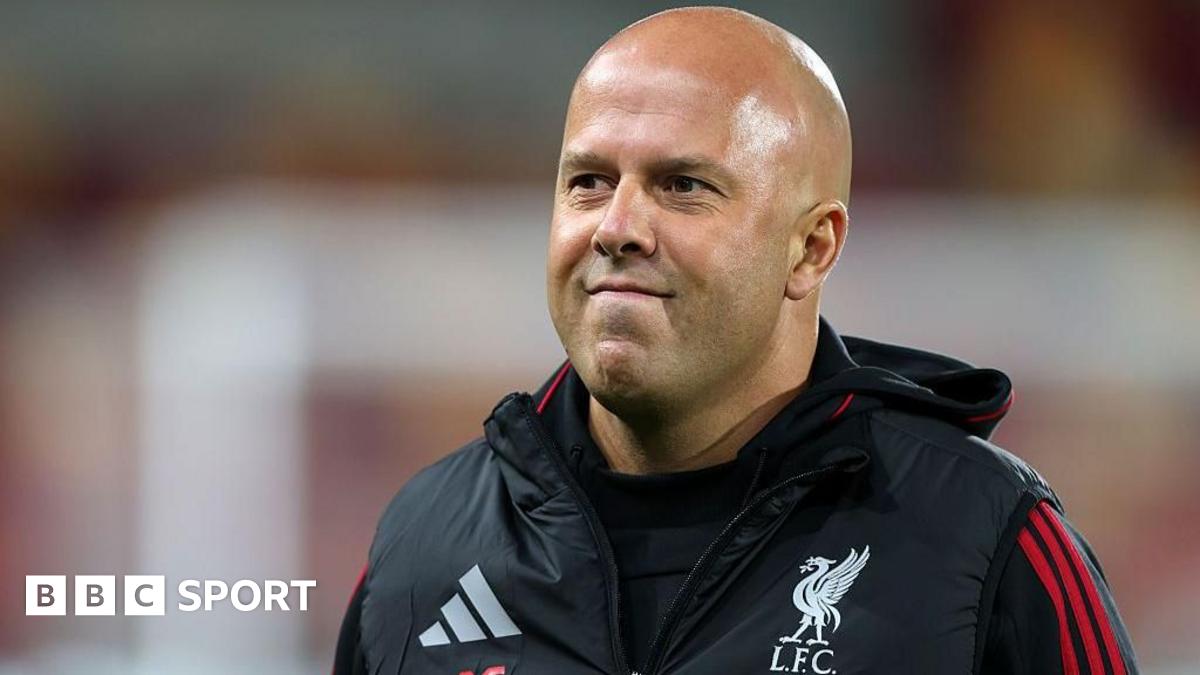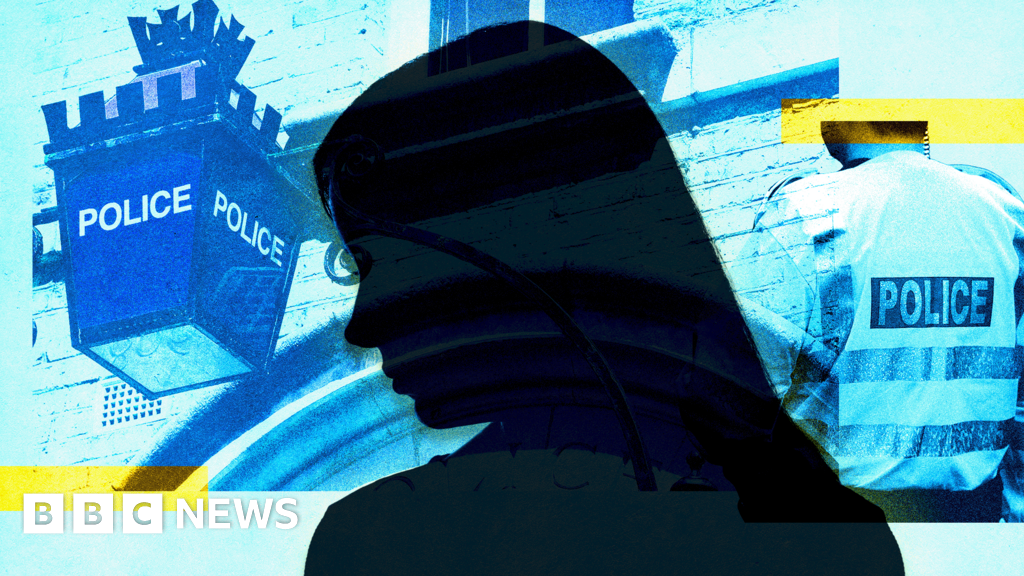Trump greets Australia's prime minister at White House
From the White House on Monday, US President Donald Trump waxed lyrical about his country's friendship with Australia.
"We've been long-term, longtime allies and I would say there's never been anybody better," Trump told Australian Prime Minister Anthony Albanese, at the pair's first official meeting.
"We fought wars together and we never had any doubts," he said.
Australia though, for arguably the first time in its history, is feeling some creep in.
The US has historically been seen as its best friend, the ultimate ally.
Before Albanese hopped on his flight to Washington for the meeting - which he's been desperately trying to organise for months - he said it was an important opportunity to "consolidate and strengthen" the connection.
"Australia and the United States have stood shoulder-to-shoulder in every major conflict for over a century," he said in a statement.
But in a world order which challenges Washington's dominance, and under an administration which is stretching many of its ties, Australia is casting a more critical eye on the relationship.
"The Trump administration is clearly fraying some of those long-held, unexamined beliefs about the reliability of the United States as an ally," Sam Roggeveen, from Australia's Lowy Institute think tank, told the BBC.
Trump's first administration was a challenge for Australia – and few here expected his second term would be much different. An election campaign earlier this year was in many ways hijacked by the question of how each prospective prime minister would deal with the president.

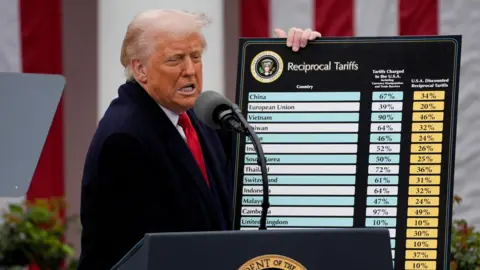 EPA
EPA
Australia - and even some of its Antartic territories - were hit with tariffs in August
Trump has frustrated Australia with his sweeping tariffs scheme, imposing an import tax of 10% on most of its goods - 50% for aluminium and steel - something seen as a breach of a decades-long free trade agreement.
"This is not the act of a friend," Albanese said at the time.
Then came a review of the landmark Aukus defence pact, announced in June to jolts of panic in Canberra.
Outwardly, the Albanese government didn't waver in professing its confidence that the agreement - which will give Australia cutting-edge nuclear submarine technology in exchange for help countering China in the Asia-Pacific - would go ahead. It is natural for a new government to review their predecessor's decisions, it said.
But the White House's isolationist rhetoric - along with the fact that the US is facing challenges in its own submarine supply - made some nervous that the deal may be cancelled or rewritten, threatening to leave Australia vulnerable with trouble brewing on its doorstep.
And then there was Albanese's long battle to secure a meeting with Trump – interpreted by parts of the Australian parliament and the country's media as a snub.
An awkward encounter between Defence Minister Richard Marles and his US counterpart Pete Hegseth earlier this year didn't help. Marles had met Hegseth in August to lobby him on Aukus, but the latter's office issued - and later retracted - a statement saying there were no talks, only "a happenstance encounter".

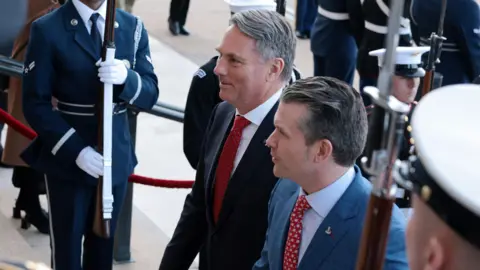 Getty Images
Getty Images
Deputy Prime Minister Richard Marles lobbied Pete Hegseth on Aukus directly
Ultimately the meeting on Monday went as well as it possibly could have for Albanese.
He leaves the White House with both Trump's praise and a deal promising US investment in developing Australia's critical minerals industry, which is hoped will help the nation break China's near monopoly of that market.
Albanese also got a renewed commitment to Aukus, in effect ending the dragged-out review.
He didn't receive a public dressing down – though Kevin Rudd, a former prime minister who was critical of Trump before taking up his current post as ambassador to the US, was awkwardly confronted with the president telling him "I don't like you either".
Trump to Australian ambassador: "I don't like you either"
The tariffs remain a gripe but are at the lowest rate of any country, and in fact some Australian sectors, like beef, appear to be benefitting from the global upheaval.
And though the Aukus review was a scare it was ultimately a false alarm.
But all of this and other factors, such as Trump's unpredictable treatment of other allies, has fuelled increased distrust of the US.
"For the first time in my lifetime, one of our two major political parties benefited in the last election from slightly distancing itself from the US," Mr Roggeveen said of Albanese.
The numbers vary, but polling has consistently showed Trump is unpopular here, and fewer Australians believe America is a reliable ally under his leadership.
And yet the latest poll found that, nevertheless, about half of Australians think the nation needs its alliance with the US more than ever.
"It's one thing to say Donald Trump is difficult, Donald Trump is unpopular. It's another thing to come up with an alternative to the US right now," the United States Studies Centre's Jared Mondschein told the BBC.
"That's really due to Xi Jinping. In many ways, he's the gift that keeps on giving for the US in Asia."
Watch: If you were Australia PM how would you handle the US and China?
Ahead of the meeting in Washington on Monday, a run-in between jets from the Chinese and Australian militaries served as a reminder of tensions in the region.
Beijing, which is Australia's biggest trading partner, has embarked on a huge military build-up and it's making Canberra, and a whole host of others, nervous.
Mr Roggeveen says there is a belief amongst Australia's political and security experts that the country cannot defend itself independently, if it comes to that - though he is among a small cohort which disagrees.
Many point to Pacific nations as a critical line of defence - something reflected in Australia's keenness to lock as many as possible into alliances - while a few voices argue China is in fact a potential security partner, not a threat.
"But there's a view... that the only reasonable course for Australia is to seek closer and closer relations with the United States," Mr Roggeveen says.
"A lot of allies and partners throughout the region are grabbing for the uncertainty of a term-limited Trump administration over the certainty of a Xi Jinping-led China," Mr Mondschein adds.
So while the way Australians feel about the US is changing, it is hard to see it greatly straying from the path it is on any time soon.

 3 months ago
70
3 months ago
70
